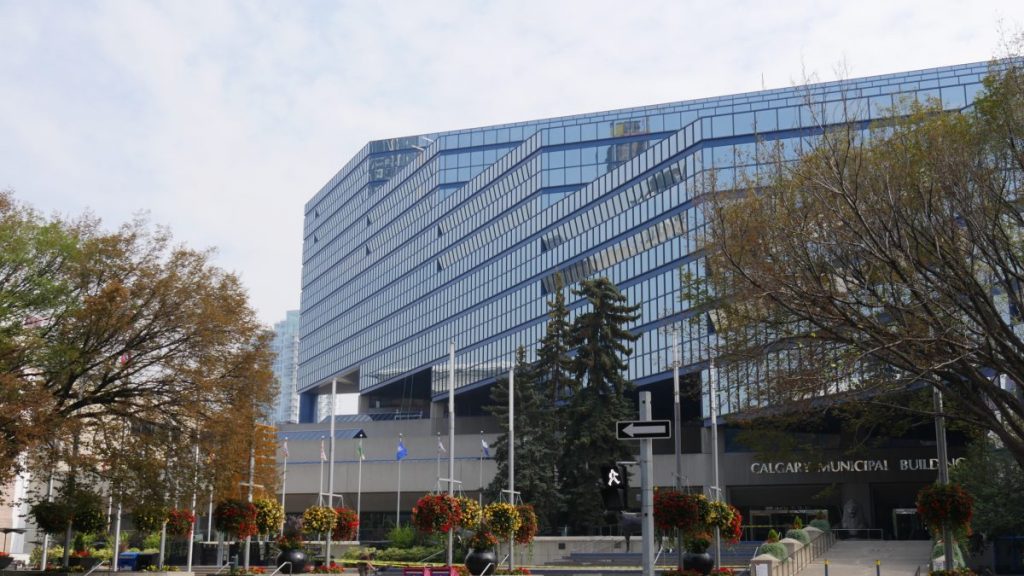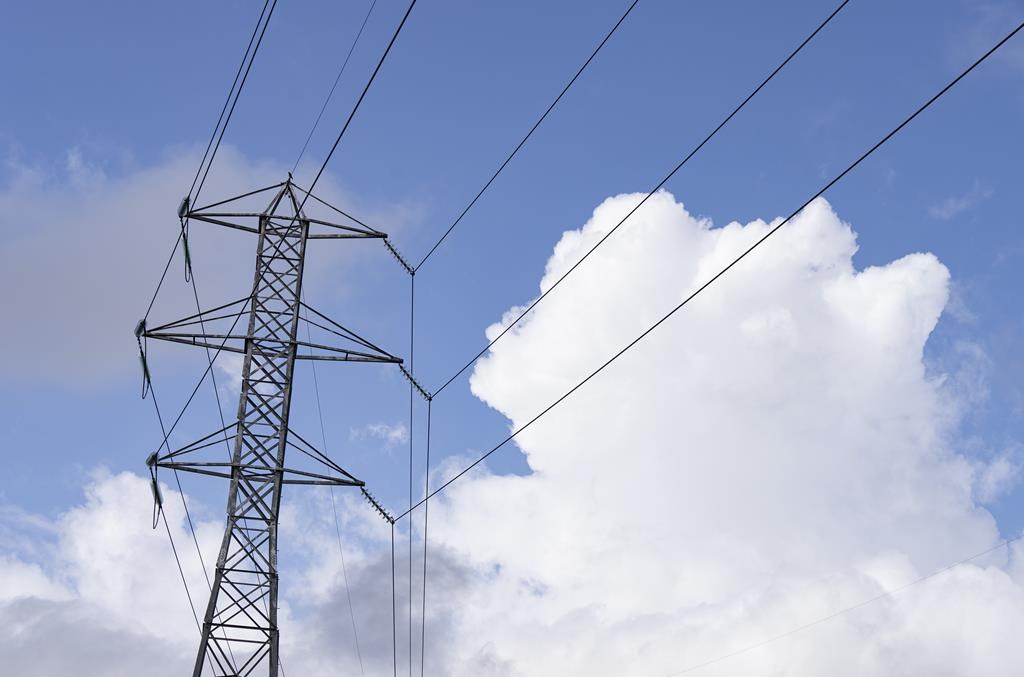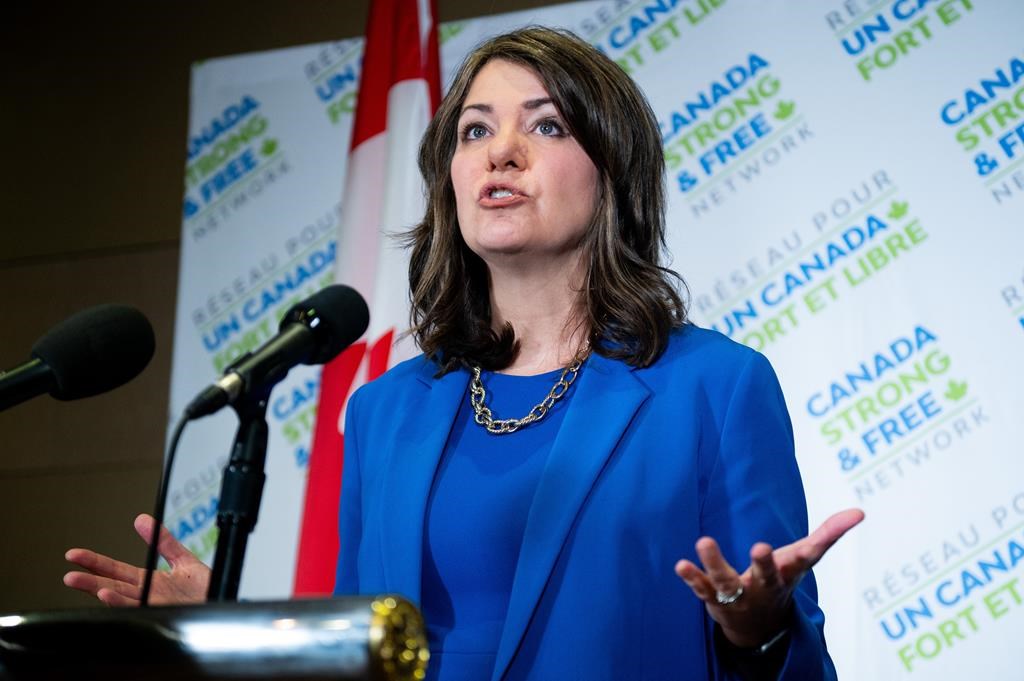Federal probe finds “coordinated” social media trolls in Alberta election
Posted Sep 6, 2019 7:56 pm.
A federal agency investigating the recent Alberta election has found evidence the campaign featured tactics including co-ordinated, false social media postings.
In a report released late Friday, the Rapid Response Mechanism — created by the G-7 to monitor foreign influence on democratic elections — identified social media accounts that demonstrated “co-ordinated inauthentic behaviour.”
The agency was created by the G7 at the 2018 conference in Charleboix, Que. It is intended to strengthen co-ordination between members in identifying, preventing and responding to threats to G7 democracies from foreign actors using social media to meddle in elections.
The agency is based in Canada.
On its website, it says it investigated the Alberta vote to see if foreign players were involved.
“The Alberta election was identified as being at risk of interference because of the extent to which environmental issues were debated,” it says.
No organized influence was exerted from outside the province’s borders, it found. However, Albertans seemed keen to use those tactics themselves.
“(We) identified communities that demonstrated a suspicious account creation pattern that is indicative of troll or bot activity,” the report says. “It was mainly comprised of supporters of the United Conservative Party.
“The pattern was not identified within communities of supporters of the Alberta Liberal Party or Alberta New Democratic Party.”
The report bases this conclusion on a large number of social media accounts created by UCP supporters in the first months of 2019. That analysis was combined with an evaluation of the behaviour of those accounts and the network they were part of.
“These are indications of likely inauthentic behaviour.”
The report adds that third-party lobby groups were also “spreading disinformation online” before the balloting.
The United Conservative Party, led by Jason Kenney, won the April vote.
Bots are social media programs designed to artificially generate social media posts that appear as if written by an actual person. Trolls are social media users who intentionally initiate online conflict so as to provoke emotional responses and derail discussions.
Bots and trolls can be used together to amplify their effect.
The report suggests that although false postings were being systematically disseminated on social media, they weren’t central to the debate taking place among voters. It discounts previous estimates that as many as one-third of postings during the campaign were from bots.
“The presence of automated inauthentic activities does not appear central or crucial to the overall conversation,” it says.
It did say, supporters of the People’s Party of Canada, led by Maxime Bernier, also showed “suspicious patterns” of social media account creation.
It also found a small number of accounts pushing Alberta independence.
“Creating false separatist movements or amplifying domestic ones is a known tactic in foreign interference. At this time, (the agency) cannot tie this small group of accounts to any foreign entity.”
The report suggests that Canadian political actors are picking up some nasty habits — with unsettling consequences for the approaching national vote.
“Domestic actors are also emulating the tactics used by foreign actors within the context of provincial elections,” its says. “This behaviour will make it increasingly difficult to distinguish national from foreign interference efforts in the upcoming federal election.”










